Today, on 14 October, the EU Commission will publish its methane strategy, outlining the next steps the EU should take to tackle methane, a climate-polluting greenhouse gas that is 86 times more potent than carbon dioxide CO2 over a 20-year period.
Food & Water Action Europe has taken a close look at leaked versions of the strategy. What we found are a few useful ideas, but many regrettable plans and gaps that reveal serious shortcomings.
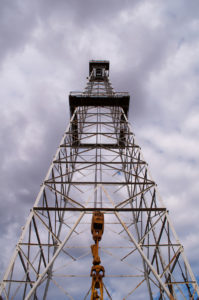 We Must Phase Out Fossil Fuels and Factory Farms– Anything Less Is Not Enough
We Must Phase Out Fossil Fuels and Factory Farms– Anything Less Is Not Enough
The EU strategy document is mainly focused on the energy, agriculture and waste sector. Unfortunately, the energy section ignores one of the biggest, dirtiest root causes of methane emissions: Our dependence on fossil fuels. We definitely need to crack down on methane emissions linked to oil, gas and coal, but we can never reach any meaningful reduction of the greenhouse gas without a concrete plan to fully phase out fossil fuels.
The same striking ignorance of root causes can be seen in other sectors as well. The proposals for methane reduction in the agricultural sector rely on technological fixes and subsidies to produce biogas as the solution. The problem is that this, too, is basically methane and can leak just the same as fossil gas. And producing biogas comes with a host of other negative side effects. In addition, the strategy in the waste sector lacks any mention of the need to reduce the production of waste in the first place. This is particularly true for the production of plastics, which is often based on side products (ethane and propane) from methane emission-intensive fracking operations, and thus comes with considerable emissions linked to both its production and disposal.
How to Make Gas Seem Acceptable – Shell, Total, BP & Co Happy to be on Board
As things are now, the methane strategy plays into the hands of the fossil gas industry, since it implies that fossil gas could be somehow stripped off its greenhouse gas emissions, which could justify continued dependency on the inherently polluting fuel. Ironically, a speaker from cabinet of Energy Commissioner Kadri Simson fueled these concerns by stating in a webinar about the methane strategy that “we cannot have, I think, a serious debate on the transitional role of gas, and the phase out of coal and the decarbonization of gas, if we do not address seriously also the methane issue”. However, the only way to fully decarbonize gas is to phase it out.
The current methane plans, though, must sound like music to polluters’ ears. But there is more in stock to please the industry responsible for emitting intolerably high amounts of methane: “The strategy encourages voluntary and business-led initiatives”, with the Oil and Gas Methane Partnership given a central role. This voluntary initiative co-created by the UN Energy Programme has some of the world’s biggest polluters on board, like Shell, BP, ENI and Total.
The rest of the strategy also seems to cater for industry “needs” with open arms: The EU Commission looks into ways of making citizens pay for methane reductions. First, energy regulators are encouraged to assess whether methane reduction costs can be “allowed costs” and could thus be passed on to consumers. Secondly, a host of EU tax money pools like the Just Transition Fund, LIFE and the TEN-E’s Connecting Europe Facility are discussed as a means to help polluters clean up their mess. We cannot allow more money to be channeled towards the biggest polluters and help them to greenwash products which will never be sustainable.
Biogas: Is it Really the Solution Hailed by The Commission?
The strategy tries to promote biogas as a solution to methane emissions. Citing potential local and small-scale uses, the strategy advocates for subsidies for biogas facilities and prioritizes injecting biogas into the grid. These subsidies can be indirectly used to build new factory farms or support the existing ones. The Commission also seems to ignore the environmental impacts of manure in the biogas discussion. Biogas production doesn’t make the nutrient loads of manure evaporate or disappear. These materials will still need to be spread, leading to runoff from over-application, potentially intensifying existing problems of water nitrogen pollution.
In order to promote the role of “sustainable biogas,” the EC suggests renewable gas targets, which only shows that the Commission has failed to learn the lessons from all the bogus biofuels hype. Setting a target can only create a push for food crops and land to be used to produce biogas – something we urgently need to avoid.
The real solutions the European Commission needs to consider when it comes to livestock and manure management, in the framework of the Farm to Fork strategy, are the reduction of the number of farmed animals in the EU, phasing out factory farms as soon as possible, developing a just transition fund for factory farm workers and a legal clarification of the sustainable models of livestock farming we need to promote in Europe. In our newest report “The Urgent Case to Stop Factory Farms in Europe”, we outline what truly useful measures in the EU agricultural sector must look like.
Useful Plans to Build on, But Major Improvement Needed
The Methane Strategy gives some reason for hope, but even positive aspects of the plans urgently need improvement. While it is crucial that EU measures to tackle mineral methane (i.e. methane linked to fossil fuels) will also include coal mines and unused or abandoned extraction sites, it fails to mention wet gas, which plays an important role in keeping the fracking industry alive and is increasingly used as a feedstock for the global plastics industry.
A surprising proposal in the strategy is the creation of a Methane Supply Index, which would provide information about the methane footprint of gas from different supply chains (comparing countries like Algeria, Russia and Norway, and also via different routes like pipelines or ships carrying liquefied gas). The usefulness of such an index fully depends, however, on how methane emissions are assessed.
It is clear that many measures to reduce methane emissions already exist. Some immediately avoidable “emissions” are even intended, such as venting (releasing unburned gas) and flaring (partially burning gas before its release). “The EU will consider an effective stop of all routine venting and flaring in the EU energy sector by 2025”, the strategy reads. 2025 is far too late and only “considering” taking measures against a highly polluting practice for which solutions exist is an unacceptably weak position.
The paper indicates that there will be a legislative proposal to establish (some) binding measures to reduce methane in 2021 – but it does little to prepare affected parties for ambitious legislation to come. We do not have any time to lose, and swift compulsory action is needed, while making sure polluters pay to tackle the pollution they cause.
The EU is the biggest global importer of fossil gas, which means that measures taken need to reach export countries and focus on the entire supply chain. It also means that we can have a big impact, and have the responsibility to swiftly phase out fossil fuels altogether.



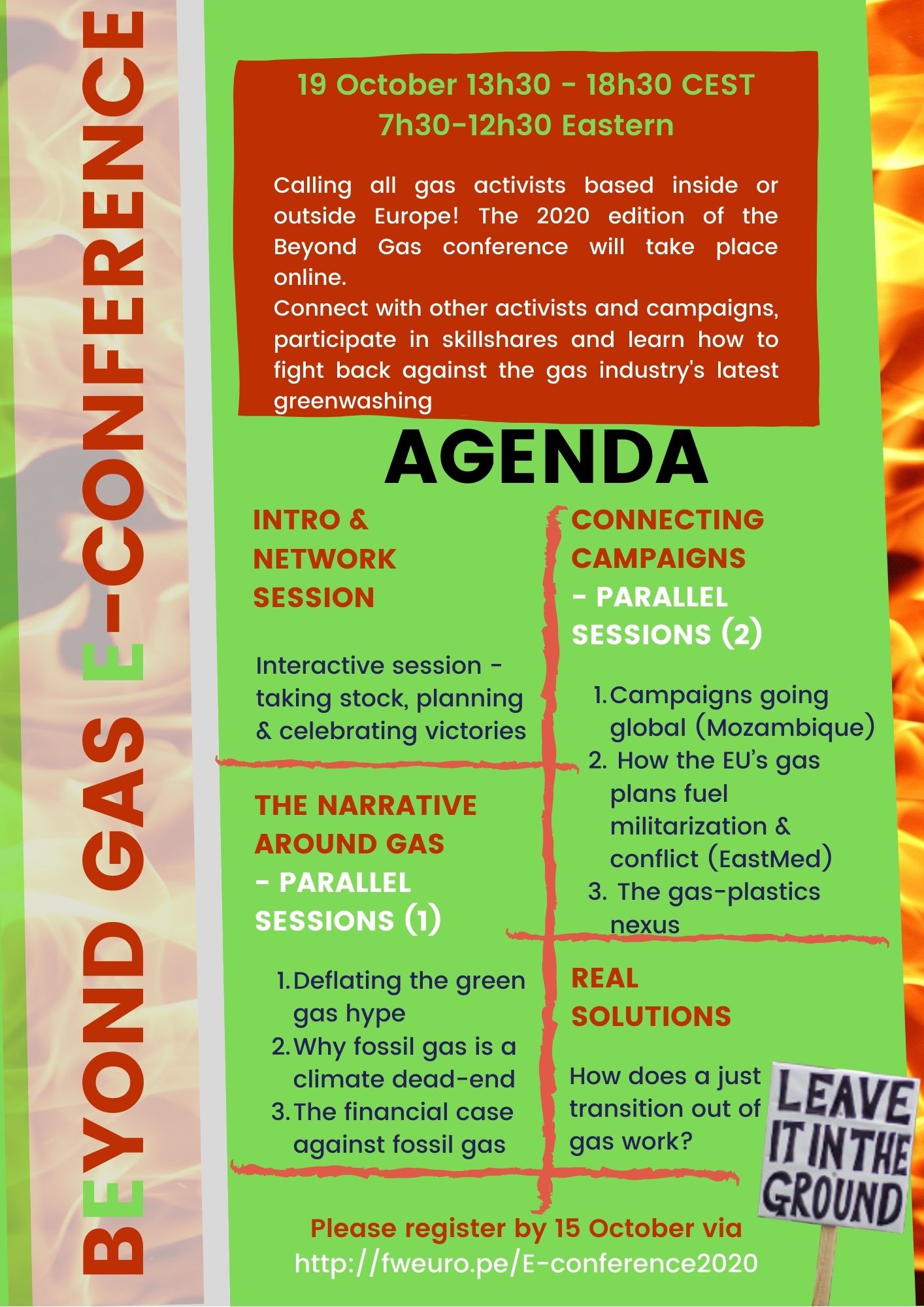
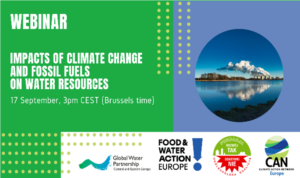
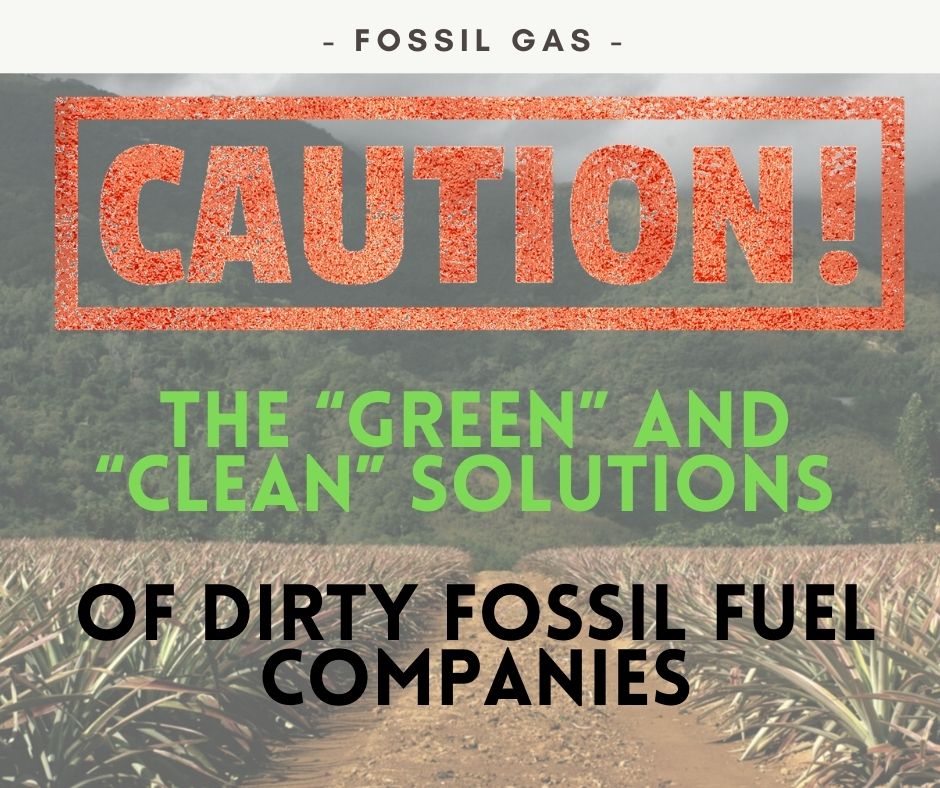 Not surprisingly, arguments by the fossil gas lobby come in shiny green wrappings to give one of the dirtiest industries around a green veneer.
Not surprisingly, arguments by the fossil gas lobby come in shiny green wrappings to give one of the dirtiest industries around a green veneer.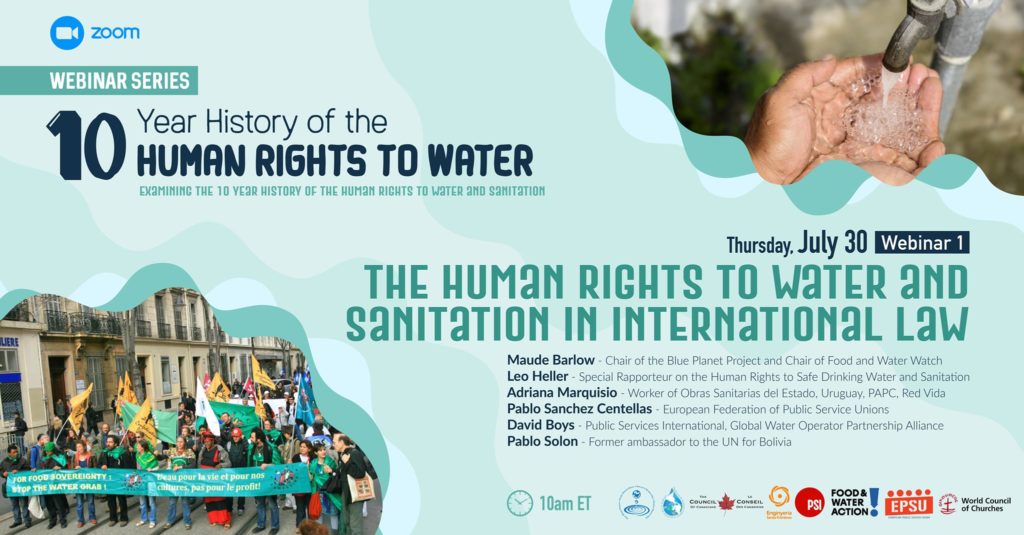
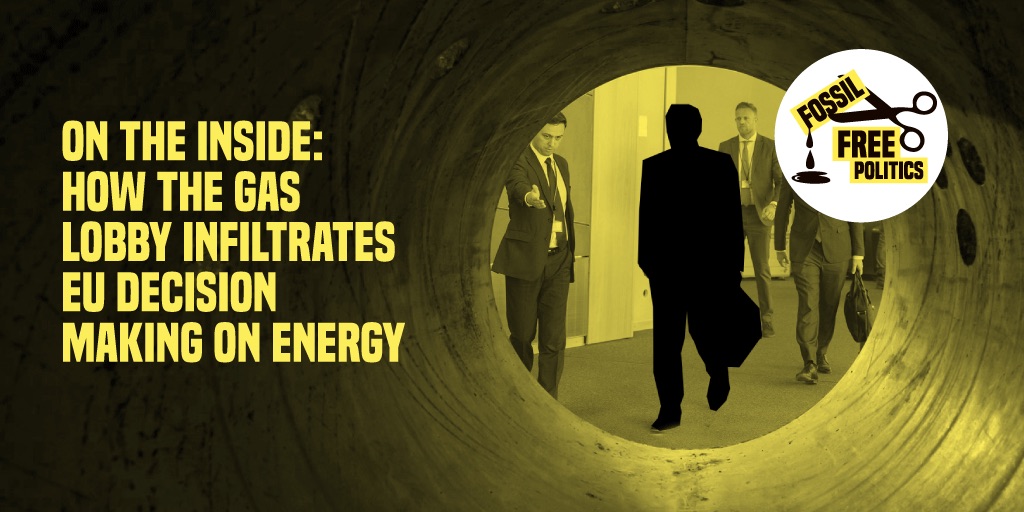 Thanks to a strong campaign led by Food & Water Action Europe and a number of other European NGOs, the EU Commission will now revise a law which sets the rules for selecting EU priority infrastructure, the “Trans-European Networks for Energy” (TEN-E) regulation.
Thanks to a strong campaign led by Food & Water Action Europe and a number of other European NGOs, the EU Commission will now revise a law which sets the rules for selecting EU priority infrastructure, the “Trans-European Networks for Energy” (TEN-E) regulation.